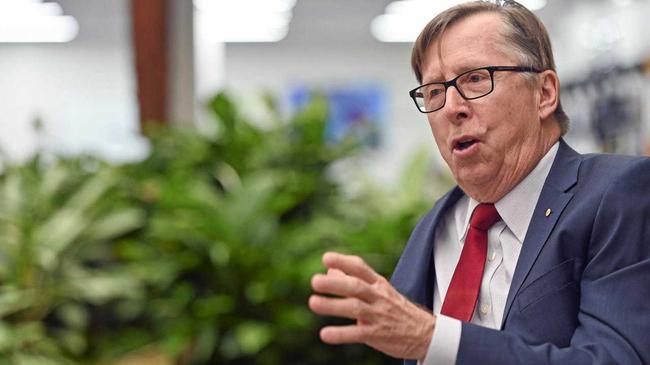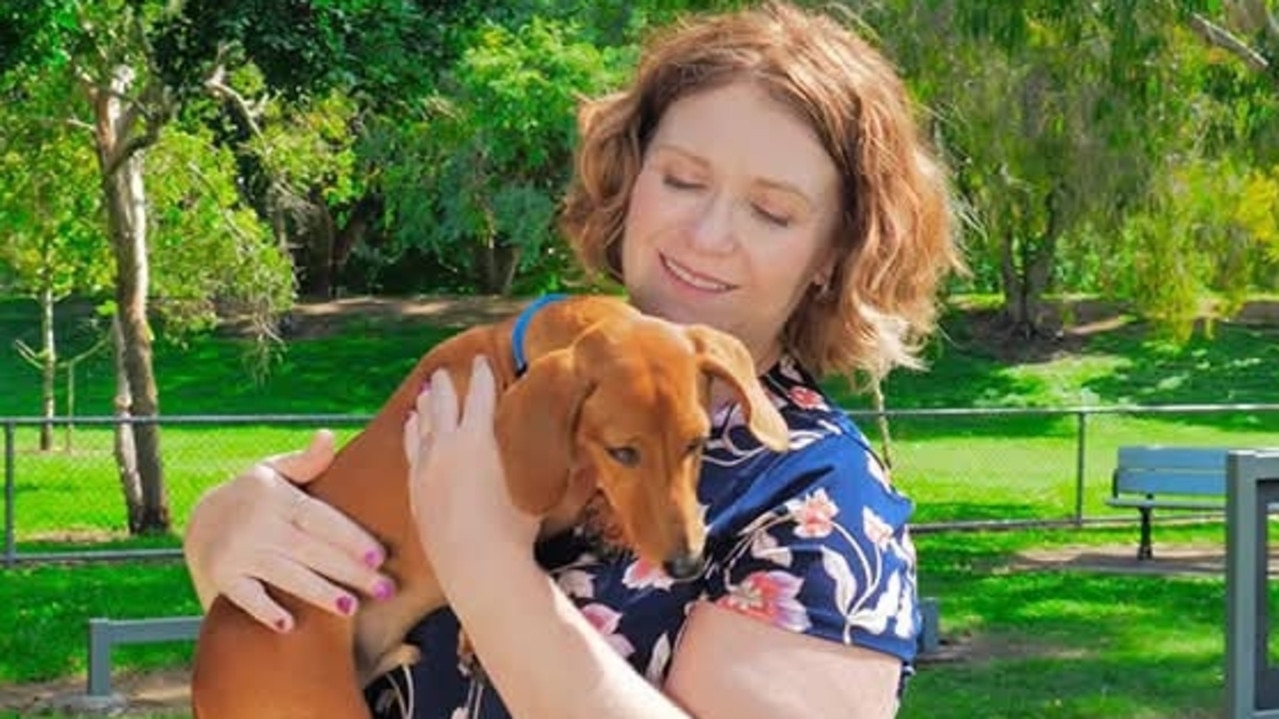Expert reveals why Labor went backwards in its QLD heartland
Bill Shorten's team suffered a 4 per cent drop in Queensland, but in Ipswich the swing was much larger.

Ipswich
Don't miss out on the headlines from Ipswich. Followed categories will be added to My News.
A LACK of focus on policies affecting everyday Australians was caused Labor's Queensland vote to go backwards, a university professor believes.
Bill Shorten's team suffered a 4 per cent swing in Queensland and Blair MP Shayne Neumann's swing was higher.
USQ pro vice-chancellor John Cole said Mr Neumann was simply caught up in the move against Labor.
"He didn't withstand the swing like he did in 2013 when there was the Abbott ascendency," Professor Cole said.
"Shayne had a lot of things going against him."
The USQ professor said the dominant themes at a national level resonated in the roots of the Blair electorate.
"Labor promised to do a whole pile of things but the questions that plagued them was their taxation policy, the retirement income issues and risks," he said.
"Health and employment, the basics got lost in the broader discussion."
Professor Cole said Ipswich, a coal mining town, had a particular sympathy for the plight of regional Queensland.
"Ipswich knows what it feels like to be outside the goat's cheese curtain of Brisbane," he said. Blair's ballot paper was dominated by conservative parties including the United Australia Party, One Nation, Fraser Anning, the Democratic Labour Party and an independent candidate.
The number of right-leaning candidates was expected to split the conservative vote and increase the chances of Labor and the Greens.
"I thought it would help him (Mr Neumann) but he got hit like everyone else did," Professor Cole said.
"Bill Shorten just was not a plus for the Labor side.
"He didn't seem genuine to a lot of people."
Pauline Hanson's One Nation took 16.8 per cent of the vote; a 1.9 per cent improvement on its result at the 2016 election.
"There's still a group of people in Ipswich who feel alienated from the major parties," Professor Cole said.
"When the major parties seem out of touch nearly one in five people in the electorate will run to One Nation."


